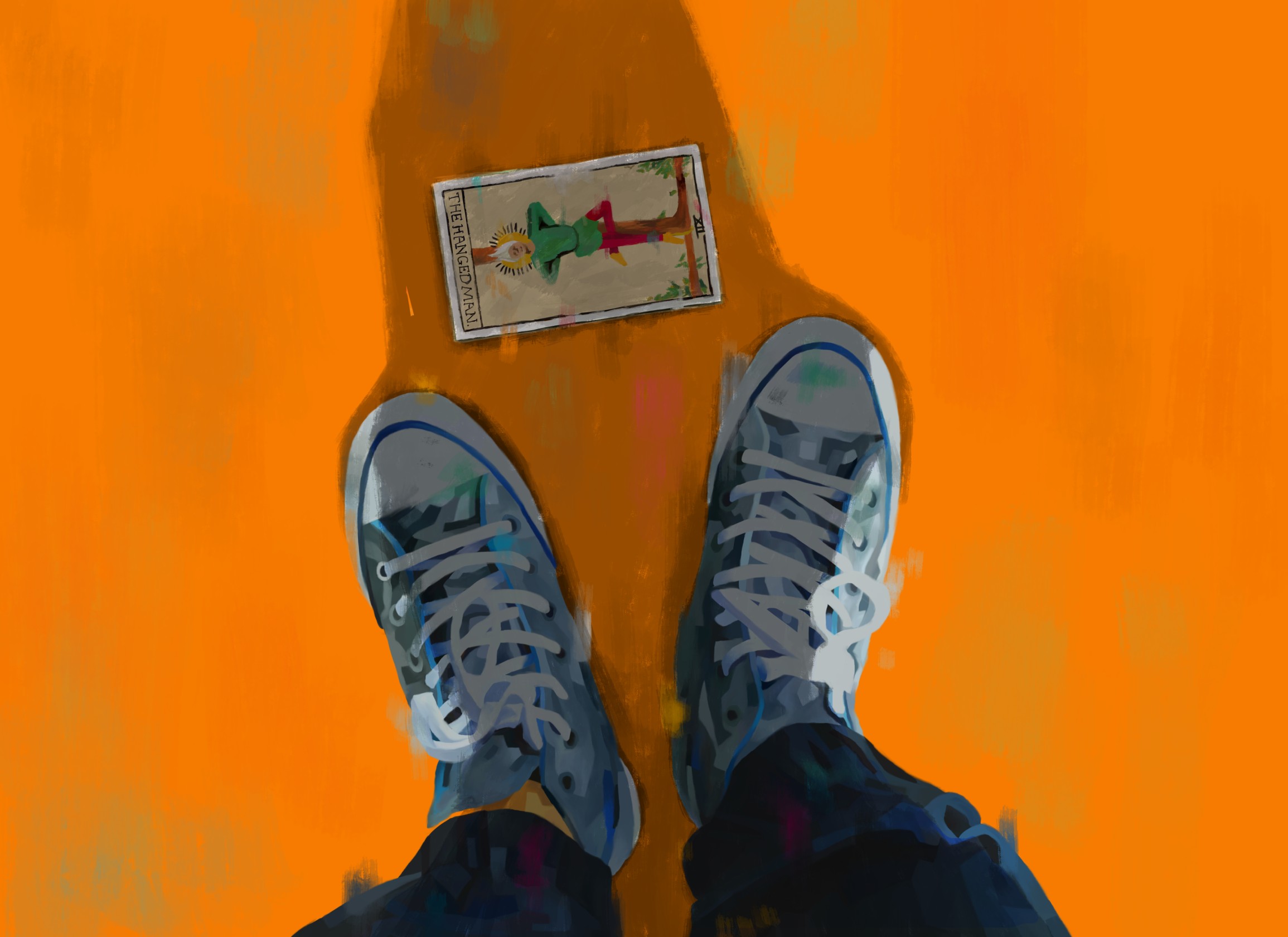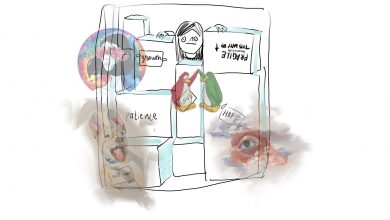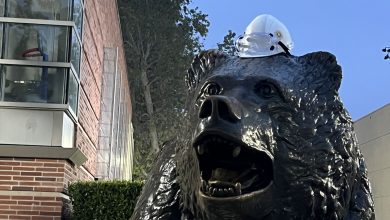Hang the Leading Man

Imagine this: a stage.
The house lights go down and you are the lead.
It’s the first line of the first act and you say it wrong. You’re fumbling all the words, but everyone is still playing along. The audience starts to whisper. They have never seen the script, but they know the mistake.
The background dancers twirl so carelessly, all pale and hollow like birds’ bones. They flee to the wings of the stage, exiting before their cues. All your friends in white dresses are going to leave you behind.
Someone in the theater gets up and leaves. They have a curfew and you suddenly remember that you have one too. If you leave now you might still make it, but the scene isn’t done yet, and there are two more acts left before then end. Your parents will worry when you don’t come home, they will think something has happened.
Something has happened. A whole lifetime of somethings. Now you are 20 years old, but you’re still listening to the songs that played on the radio when you were 14. Back when they were new and exciting and you were too.
You are sitting at the ugly pink counters in your parents’ kitchen, the ones from before they remodeled. It’s so quiet now in this space between moments. You are waiting for your mother to wake up, so you can tell her you’ll be away. The intermission is almost over and you are running out of time. You can’t stay here forever.
Everyone shows up for the final act.
They lean forward in their seats. They hold their breath. Tense their shoulders. Eyes so wide that’s all you can see. Brighter than the stage lights. They have never seen the script, but they know something is happening.
Your family is in the audience. The audience adores you. You want to tell them that you love them but that’s not your next line.
An actor walks out cradling a knife. No one notices that it’s not a prop, not even when their hands come back red. At the curtain call, the others take a bow but you’re not with them. It’s past your curfew, you have to go.
But you are already here. Where you have always been. Tragic and admired, and the last one to exit the stage.



